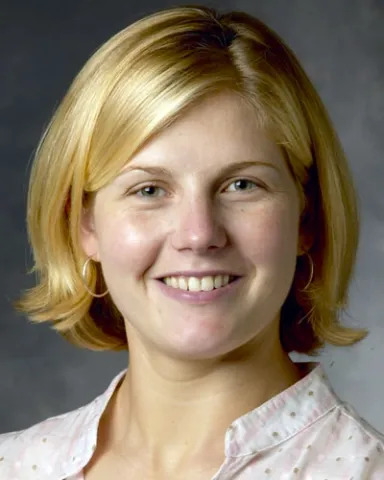
Corbin Schrader

Before coming to Stanford, I attended and/or taught within schools in the United States, Mexico, and Germany. Within the U.S., I had classroom experiences as a student or teacher in eight different schools in five states. These disparate experiences revealed how differently, with the same dedication to providing excellent education to students, countries, districts, and schools prioritize and deliver education services. I witnessed how communities translated their values and resources into an array of education policies that, when implemented, created different learning environments with varying degrees of effectiveness.
By applying to Stanford, I sought to examine the political and historical significance of varied educational administration plans, as well as the personal experiences of students within these different systems. The IEAPA MA program in the Stanford University School of Education (SUSE) and its incredible faculty afforded me the opportunity to meaningfully do both. It allowed me unparalleled access to academic resources – incredible access to the field’s leading experts; access to the most current research and innovative ideas across the University; and, perhaps most influential to my learning throughout the program, access to an incredibly diverse and accomplished cohort of peers.
Stanford’s faculty is exceptional both in their scholarship and openness to students. On numerous occasions I discussed and received concrete guidance on my master’s paper from multiple faculty members not only within the ICE program, but throughout SUSE and other Schools and departments within the University. I had the privilege to be taught and regularly advised by Drs. Ramirez and Wotipka. Their scholarship in the sociology of education, women’s educational experiences globally, and analysis of international curricula inspired both my application to Stanford and then my master’s paper. After finishing my degree, Professor Wotipka generously continued this mentorship through collaborations on conference presentations and ultimately, a shared publication. Some of the world’s foremost academics, I found Stanford’s professors to first be teachers.
The research component of the ICE/IEAPA MA degree motivates students to develop, seek out, and apply newly-learned content to these individually designed projects. My master’s paper project was both a learning tool from which to engage deeply with the subject matter and employ technical skills, but it was also a way to collaborate with and learn from my fellow cohort members. My diverse cohort offered exceptionally rich perspectives and real-world contexts through which to meaningfully explore critical issues in the field of international comparative education.
